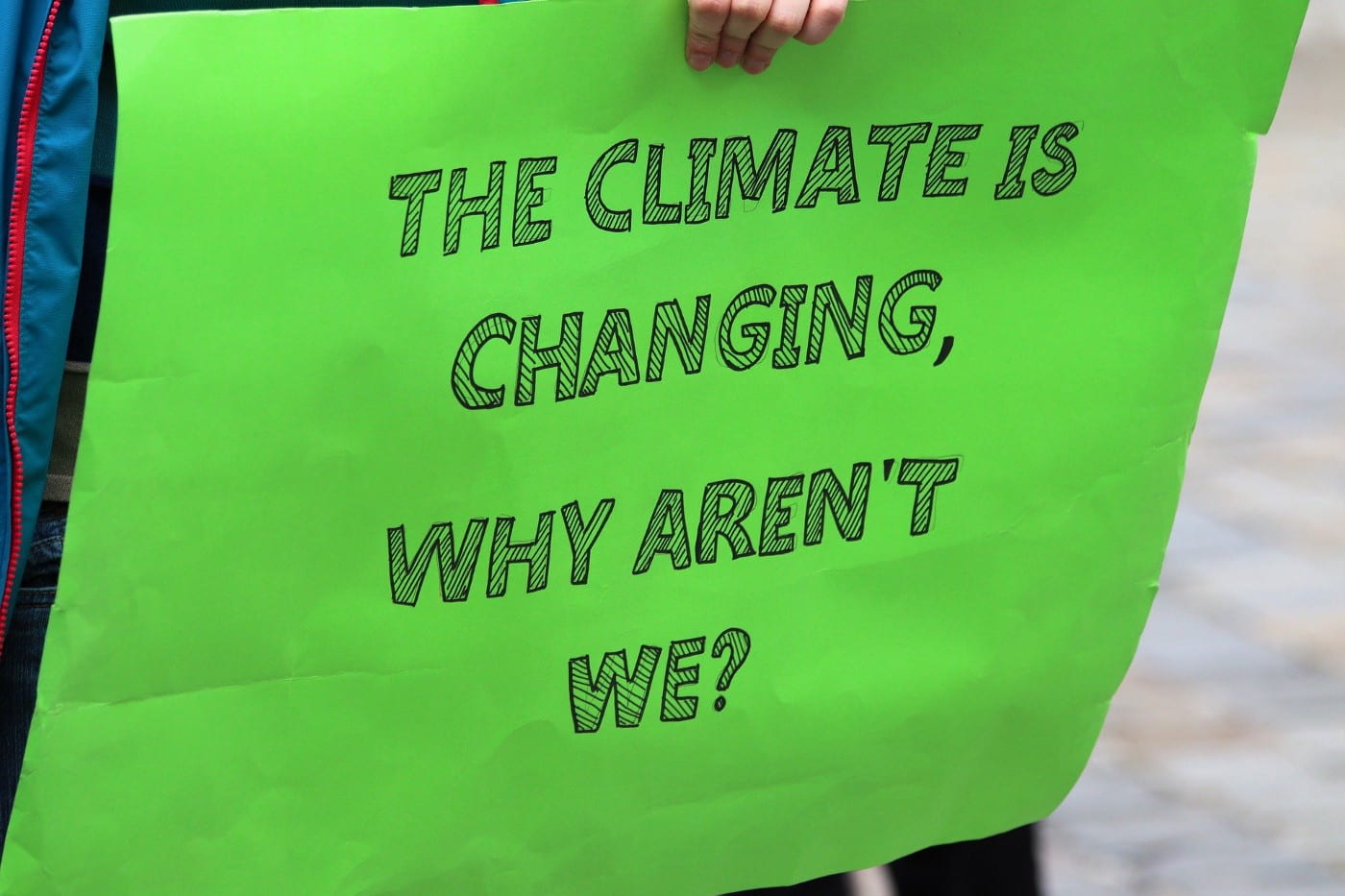Doug Bourn and Knut Hjelleset, first published on the UCL Public Policy Blog.

School strikes for climate. (Pixabay/GoranH)
Climate change moved to the top of the political agenda in 2019, particularly as a result of the Student Climate Strikes. The economic fallout of the Covid-19 pandemic has further posed a new vision of a sustainability based economy. Seeing the corona crisis and climate change in conjunction presents a powerful new narrative — creating new green technology and industry for the future could both pull us out of the current economic slump and also contribute to saving humanity from catastrophic climate change. This leads to the challenge of how climate change education can be an asset in preparing students for the job markets and career options of the future, and how climate change education can be a valuable tool in broadening the horizons of students across the UK.
Climate change education is fundamentally not different from other types of education. All successful education builds on motivation for engaging with problems and ownership to solutions for the learner. We recommend therefore that climate change education can benefit from placing student empowerment as both a central tool, and an end target in itself.
(more…)

 Close
Close





